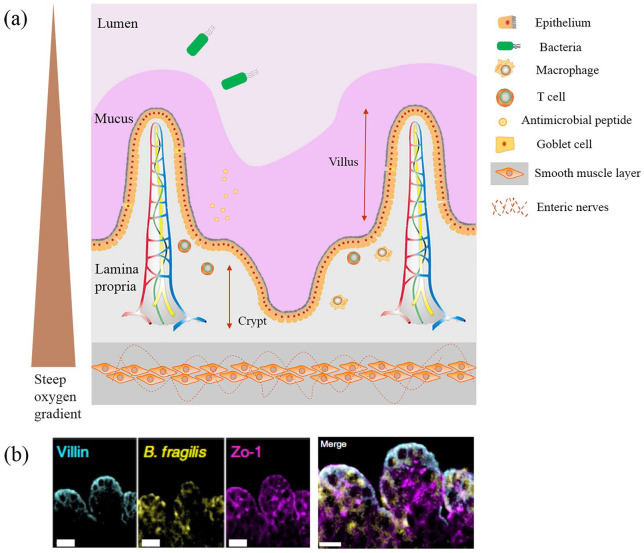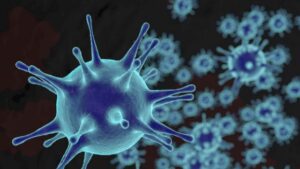The human gut plays a crucial role in our overall health and well-being. It is responsible for digesting food, absorbing nutrients, and protecting our bodies from harmful bacteria. In recent years, researchers have made significant strides in understanding the complex workings of the gut and its impact on our health. One such breakthrough is the development of “Gut-on-a-Chip” technology, which has the potential to revolutionize the study of gut health.
The Gut-on-a-Chip technology is a small device that mimics the structure and function of the human gut, allowing researchers to study the gut’s responses to various stimuli in a controlled laboratory environment. The device is made up of a microfluidic chip with tiny channels lined with living cells that simulate the lining of the gut. Researchers can introduce different foods, drugs, and bacteria into the channels and observe how the gut cells respond in real-time.
This technology has the potential to revolutionize the study of gut health by providing a more accurate and detailed understanding of how the gut functions. It can help researchers identify the causes of gut-related disorders such as irritable bowel syndrome (IBS), inflammatory bowel disease (IBD), and celiac disease, and develop new treatments.
The Gut-on-a-Chip technology has already yielded significant insights into the workings of the gut. For example, researchers have used the technology to study how gut bacteria influence the gut’s response to different foods and drugs. They have also used the device to test the effectiveness of new drugs for gut-related disorders.
Another potential application of the Gut-on-a-Chip technology is in personalized medicine. By studying how an individual’s gut cells respond to different stimuli, doctors may be able to tailor treatments to the specific needs of each patient, improving outcomes and reducing side effects.
Overall, the Gut-on-a-Chip technology represents a significant leap forward for gut health research. It has the potential to provide a more accurate and detailed understanding of the gut’s functions, leading to new treatments and improved outcomes for patients with gut-related disorders. As researchers continue to refine the technology, we can expect to see even more exciting breakthroughs in the field of gut health.



